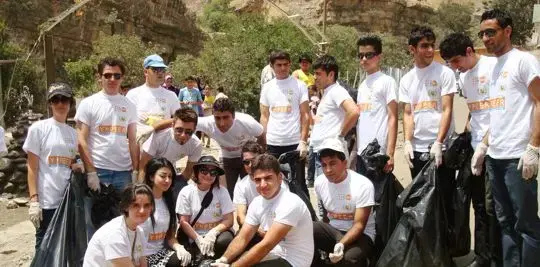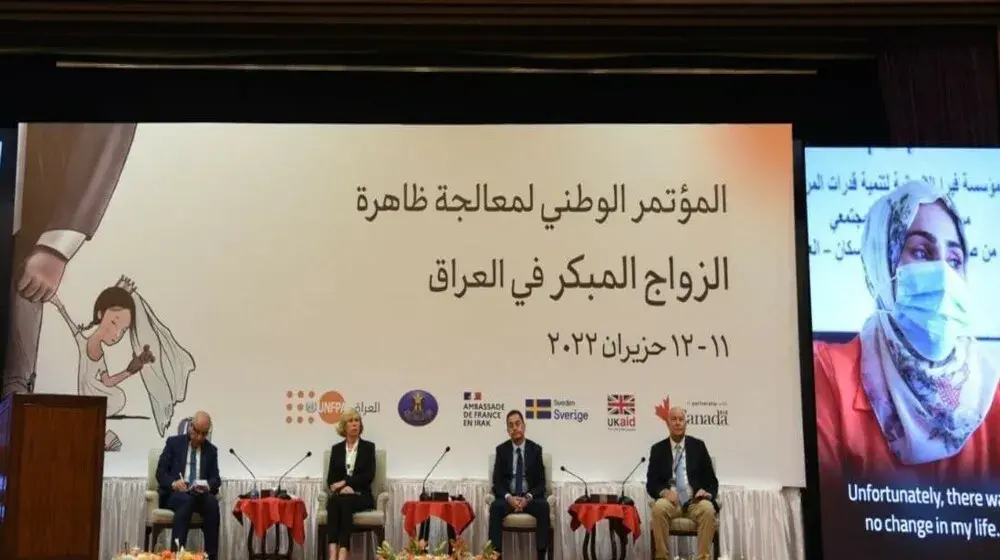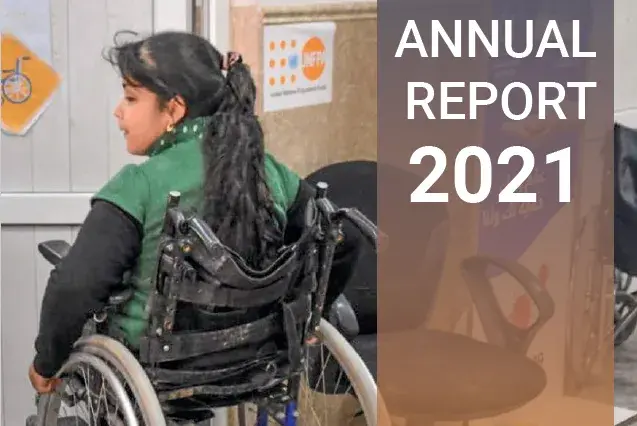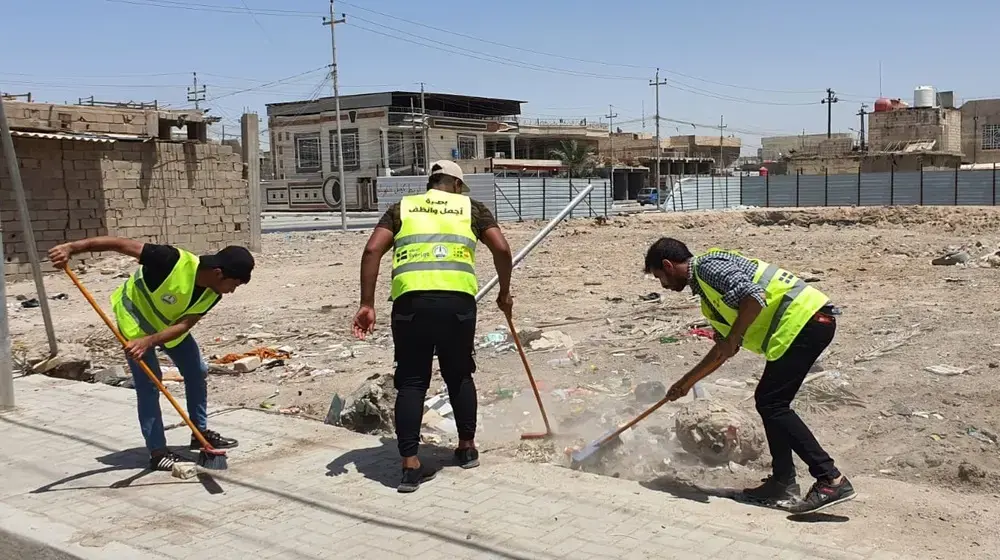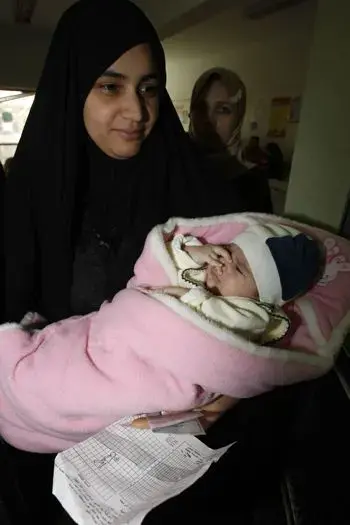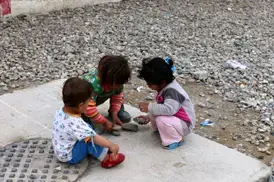Recognizing the demographic transition that the Iraqi population is passing during the next 20 years, as well asthe “Youth Bulge” as a demographic bonus that is creating unprecedented opportunities and challenges for Iraq, the National Development Plan (2010 – 2014) stressed on investing on youth, expressed as “Promoting the Empowerment and capacity of Iraqi youth to face social challenges and to contribute to community development”.
Jointly with other UN agencies (ILO, UNESCO, UNDP, WHO), this component aims to directly contribute to youth’s full achievement of their Human Rights (social, economic and civic), and to assist relevant government partners, civil society organizations, and local youth associations, to respond comprehensively to Youth development priorities.
Youth Friendly Health Services (YFHS)
In partnership with the MOH, UNFPA is institutionalising a YFHS package within the Primary Health Care (PHC) centres that aims to respond adequately to adolescents’ and youths’ health needs and concerns.
UNFPA’s main activities include capacity building of service providers as well as strengthening the health information system in Iraq. The programme will cover the generation of strategic information on the dynamics of health-seeking behaviour and utilization of health services by youths in Iraq as required for setting the basis for drawing a national youth health strategy, which in turn, will contribute and correlate with the National Youth Strategy.
Civic Values and Life Skills (CVLS) Education
The introduction of CVLS within the education system in a systematic and sustainable manner will allow a better preparation of youths’ future, in terms of securing their livelihood and reducing their vulnerability to external factors. Civic Values are conceptually defined as including the following concepts: Human rights, citizenship, national identity, tolerance and gender equality. As for Life Skills, they are defined as encompassing interpersonal communication skills, negotiation skills, teamwork, advocacy skills, decision-making and problem solving skills, critical thinking skills, skills for managing feelings as well as stress management skills. UNFPA’s main interventions in Iraq are to strengthen the institutional and staff capacities of the Ministries of Education (MOE), Labor and Social Affairs (MOLSA), and Youth (MOY) in Iraq to deliver quality formal and non formal education through the promotion of CVLS and to integrate CVLS education in the Vocational Training Centres (VTC) operating under MOLSA, the Vocational Education Schools (VES) of MOE, both at central government and Kurdistan region.
Peer Education
UNFPA supports MOY, MOLSA, MOE and MOH to integrate CVLS based peer education into their agendas through establishing a ministerial and NGOs network and mechanism to support and facilitate peer education activities among youth. Such activities include Training of Trainers and cascade training for the Master Trainers to reach out to their peers in their respective governorates.
More information about Y-PEER Iraq
Rehabilitation and Reintegration Services
Strengthening rehabilitation and reintegration services is directed towards children and young people in reformatories. UNFPA’s main focus lies on strengthening educational, vocational and health services inside the reformatories; and supporting children and young people after their release through provision of social, vocational and educational reintegration services.
National Youth Policy
The Government of Iraq (GoI), with international organizations has been working extensively to enhance the status of the Iraqis and deliver quality services at all levels. An adequate well-developed strategy related to youth will profoundly determine the future of the country. A strategy will empower and provide an arena for youth to make the right choices, protect them from exploitation and neglect and ensure their participation in all spheres of society. To address some of these issues and, more importantly, to take a strong stand in support of their young people, UNFPA is assisting the GoI to develop a long-term, consensus-based, integrated and cross- sectoral youth policy and strategy.
National Partners (at Federal and Kurdistan Regional Government)
Ministries Youth & Sport, Ministry of Culture & Youth (KRG), Ministry of Education, Ministry of Labour & Social Affairs, Ministry of Health, Youth NGOs, Parliament committees, academia, and University research centers.
UN Partners:
ILO, UNESCO, UNDP, UNICEF, WHO, FAO

